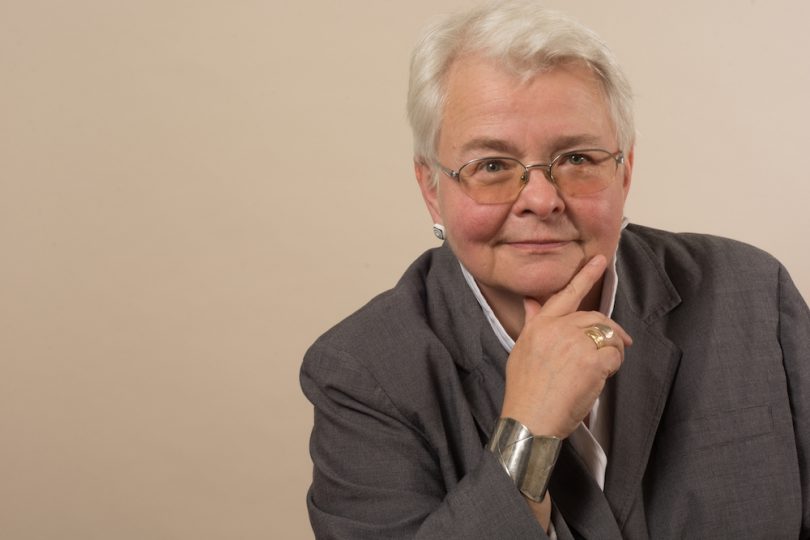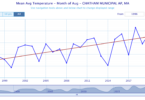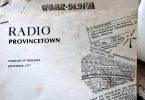WELLFLEET – Pulitzer Prize-winning playwright Paula Vogel is just like every other Cape Codder. She feels a calm when she drives over the Sagamore Bridge. She keeps the location of her favorite ponds a secret. And she likes everything about the off-season. Vogel’s play “Indecent,” about a Yiddish theater troupe performing a play on Broadway…
You may also like
Talking To Anti-ICE Protesters At The Weekly Falmouth Protest – VIDEO
“Making dreams come true at Mark’s Music”: Mark Filteau, A Profile
Frozen Out: As ICE Acts on Cape Cod, Locals React
A Paywall For Our Longform Stories
Four Sportswriters, Boston’s Mount Rushmore, Go To A Cape League Game: SLIDE SHOW + Essay
Happy Fourth of July – It all feels so… “normal” – an Essay
Harvest Days: Remembering Michael Pearson’s Harvest Gallery Wine Bar
The Grab Brothers Make Hippie Happy Music – A Profile
“No Kings” Protests in Falmouth & Provincetown – VIDEO + ESSAY
RIP Bruce Maclean – “the last old-time freak”
The “Functional Art” of Walter Baron, Boatbuilder – A Profile
Follow The Money, and The Good Vibe; Why Shop Local – An Essay
Making Things Happen; Attorney Bruce Bierhans – A Profile
The “Y” in the road; Another “Most Important Election Of Our Lifetime” – An Essay
Are We Winning? In Our Summer Paradise, Summer Is Warmer & Longer
Dream Job: Rich Rogers’ Blue Collar Path to WMVY – A Profile
Happy? Fourth Of July – An Essay
Looking Back – 10 Stories, 10 Years
My Dream 10-Year Anniversary Concert That Did Not Happen
Cape Cod Wave Magazine is 10 Years Old
Dan McKeon: Ptown’s Available Housing Matchmaker – A Profile
Mwalim: Da Phunkee Professor, Artist, Writer & Groovalotto – A Profile
Martha’s Vineyard, Political Symbol – An Essay
Zoe Lewis: Provincetown’s Jazzy Zen Vaudeville Vagabond – A Profile
ArtsCape: The Quirky Creations of Sue Beardsley
Andy Dufresne: 91 Candles For Falmouth’s Civic-Minded Barber – A Profile
Cape Cod Wave Magazine is 9 Years Old!
WOMR At 40; An Outermost Radio Tale of Audacity & Tenacity
Disturbing Graffiti On Hamlin Avenue, Falmouth – Editorial
Falmouth Town Meeting Returns to ‘Old School’ Vote Counting — This Time
About the author
Laura M. Reckford
Laura M. Reckford is co-founder of Cape Cod Wave. She has been a reporter and editor on Cape Cod for more than 20 years in magazines, newspapers and radio. She has also authored numerous Frommer's Travel Guide editions on Cape Cod, Martha's Vineyard and Nantucket.






























